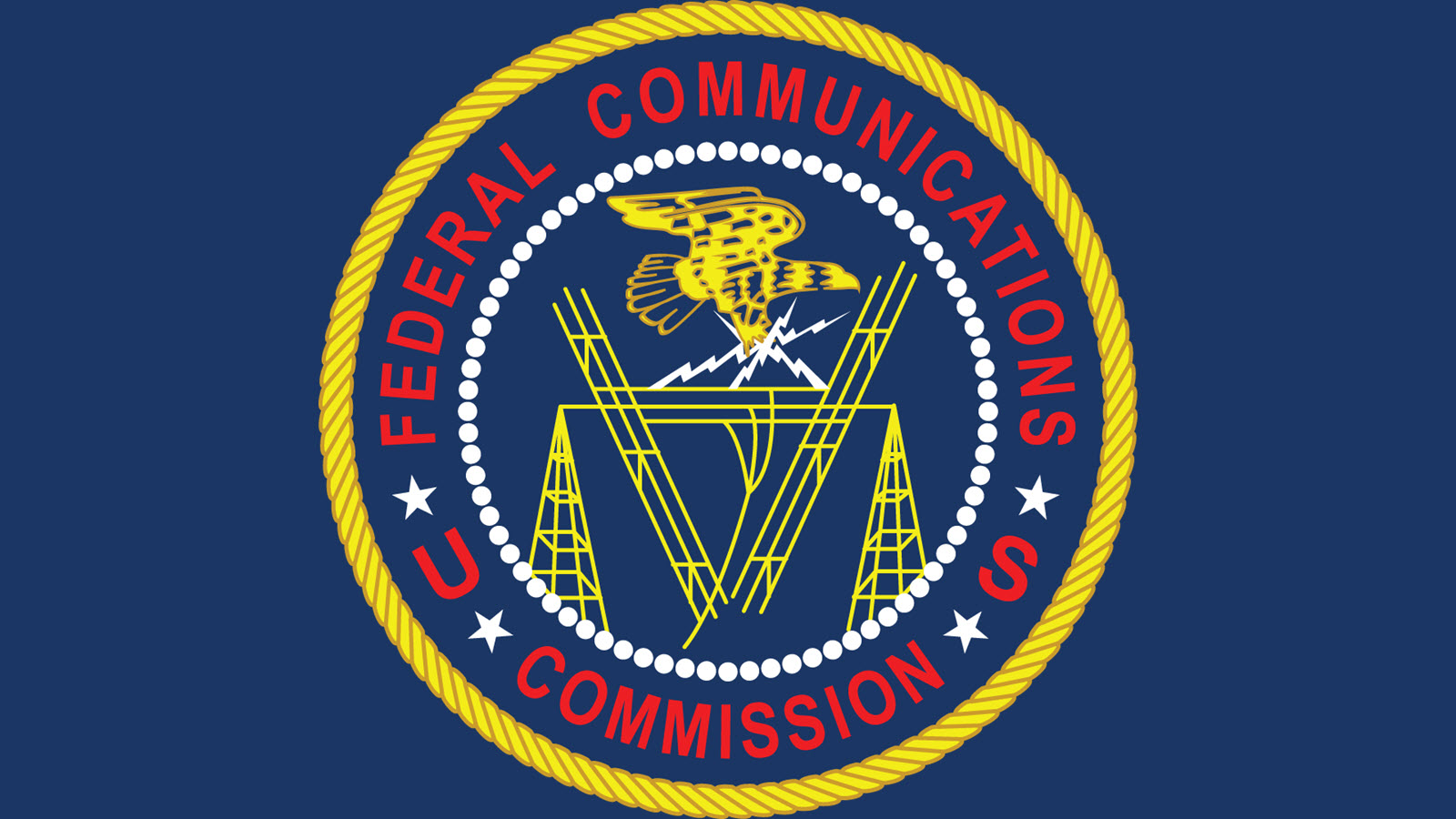28 GHz Auction Slows to Crawl

The smarter way to stay on top of broadcasting and cable industry. Sign up below
You are now subscribed
Your newsletter sign-up was successful
The 28 GHz spectrum auction had its lowest-ever round-over-round bid increase, with only $6,300 in new provisional winning bids in round 97 Monday.
Given that bidders have to increase their bids each round or risk losing the ability to bid in further rounds, that suggests bidding is close to being over, though the FCC will not reveal who won which licenses until it has completed the 24 GHz auction scheduled to begin as soon as the 28 GHz auction ends.
FCC spokespersons were unavailable for comment, and in fact can't comment on anything except the government shutdown during the government shutdown, according to a chief FCC spokesperson last week before having to head home with other furloughed staffers.
While most FCC operations are shuttered during the shutdown, there is money in a separate bucket for auction staffers and contractors, so the auction is continuing.
There are 40 qualified bidders competing for the 28 GHz spectrum, including Verizon, AT&T and T-Mobile, but none of the major cable operators eyeing wireless plays--though Cox is signed up for the 24 GHz auction.
The FCC concedes it has never pushed so much spectrum into the market at one time before, which could mean those lower prices, but the point is to get the spectrum out there "fast" given that wireless carriers have been talking up the need for speed and bandwidth for an internet of everything, 5G world.
The 28 GHz licenses are relatively small (county sized), collectively reach only 25% of the population--so more rural areas--and are in a band with incumbent users to navigate, so the prices are not in the same ballpark as the broadcast incentive auction ($19 billion) or the AWS-3 auction (almost $45 billion), which both featured broad swaths of contiguous spectrum, in the case of the incentive auction after broadcasters were incentivized to move.
The smarter way to stay on top of broadcasting and cable industry. Sign up below
But the FCC's goal in the 28 GHz auction is to get as much spectrum into the pipeline as possible for wireless broadband to help the U.S. win the race to next-gen 5G service and boost competition to wired carriers.
Contributing editor John Eggerton has been an editor and/or writer on media regulation, legislation and policy for over four decades, including covering the FCC, FTC, Congress, the major media trade associations, and the federal courts. In addition to Multichannel News and Broadcasting + Cable, his work has appeared in Radio World, TV Technology, TV Fax, This Week in Consumer Electronics, Variety and the Encyclopedia Britannica.

